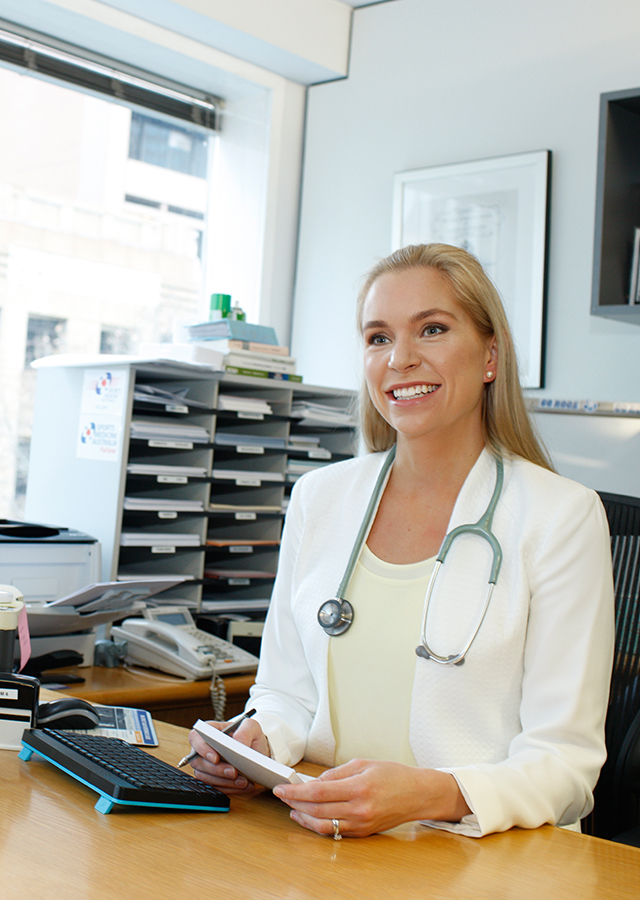Frequently Asked Questions
Q Is it safe to dye my hair during pregnancy?
A There is no known problems with dyeing or bleaching your hair in pregnancy
Q Is it safe to have a spray tan in pregnancy?
A There is no known harmful effects of having a spray tan or using tanning products in pregnancy although try and minimise breathing in the fumes if possible
Q Is it safe to visit the dentist in pregnancy?
A Good oral hygiene is important during pregnancy. It is common to have bleeding gums while pregnant, and if you have not had a recent dental check we recommend that you book in for one either before conceiving or during the pregnancy. Be sure to let your dentist know you are pregnant. Dental emergencies can be treated in any trimester of pregnancy and it is safe to have local anaesthetic, dental x-rays or antibiotics if required. Elective procedures that can be postponed should be delayed until after the birth of your baby.
Q Is it safe to sleep on my back during pregnancy?
A It is safe to sleep on your back occasionally however once you reach more than 20 weeks gestation the size of the pregnant uterus can put pressure on the blood vessels going back to your heart so it is best to sleep on your side to avoid this from happening. Should you wish to lie on your back you can place a pillow under your right lower back which will relieve some of the pressure from the pregnant uterus. Some women may feel dizzy lying flat on their backs for a period of time.
Q Is it safe to eat cheese during pregnancy?
A Soft cheeses such as brie, camembert, feta, blue vein and ricotta etc are best avoided due to the risk of listeria contamination. These are fine if cooked however as the heat will destroy any bacteria. Cheeses such as cheddar, tasty, swiss, Gouda, Gruyere, Haloumi, mozzarella, parmesan, cottage cheese, philadephia and processed cheese spreads are all safe to eat.
Yoghurts (all varieties), probiotic drinks, fromage frais, soured cream and crème fraîche – any variety, including natural, flavoured and biologically active – are all safe to eat.
Q I am 16 weeks pregnant. I am having pain in both sides of my lower abdomen. Is this normal?
A Although there are many reasons for abdominal pain during pregnancy, the most common condition is round ligament pain. The round ligaments are connective tissue ligaments that run from the upper aspect of the uterus down to the groin. As pregnancy progresses these ligaments enlarge and become stretched, and can cause pain. The pain sensation that women often feel involves both sides of the lower abdomen and sometimes the back. The pain is sharp in nature and can be worse on the right side. Certain movements may exacerbate the pain. Round ligament pain has not been associated with any adverse outcomes of pregnancy. Treatments include heat on the affected area and rest. Medications often do not alleviate symptoms.
Q I am 30 weeks pregnant and having a lot of sciatic pain. What can I do? Is this common during pregnancy?
A Sciatica (sharp nerve pain that travels down your buttock , legs, and thighs) is a very common condition that usually occurs late in pregnancy and resolves after delivery. To help with the pain, lie on your opposite side of the pain, or sit on a tennis ball on a hard surface.
Q I am a month pregnant and I’m cramping a lot. Is that bad?
A Many women have some cramping during early pregnancy. However, if you have persistent cramping, especially if it is associated with bleeding or spotting, it is important that you see your doctor immediately.
Q What are the symptoms of pregnancy other than morning sickness and missed periods?
A These are the most common symptoms but there are other signs and symptoms of pregnancy. The others may be swollen feet or hands, change in appetite to include food aversions, food cravings, nausea, fatigue, frequent urination, breast changes/tenderness, a metal taste in your mouth, period like cramps, spotting and shortness of breath. Pregnancy symptoms are different for not only every woman, but every pregnancy.
Q What Happens If I Have Bleeding?
A Please contact your Obstetrician.
In the first third of pregnancy, bleeding may be the result of a miscarriage, but often it is nothing to be concerned about. Dr Hamilton will organise to see you and perform an ultrasound, which will confirm quickly whether or not the baby is all right.
Heavy bleeding later in pregnancy can be due to separation of the placenta, which may be an emergency situation for the baby.
Q What Do I Do If The Baby Stops Moving or is moving less?
A Please Contact your Obstetrician.
Most women start to notice movements around 18-20 weeks. These should continue regularly and frequently until the baby is born. A sudden change in pattern may be a sign of a problem, but in many cases things are fine.
If you notice reduced movements and are over 28 weeks gestation, you will be asked to attend the hospital for a fetal heart rate monitor (CTG), and Dr Hamilton may also check baby’s growth and fluid on ultrasound in her rooms and/or organise for a formal ultrasound.


